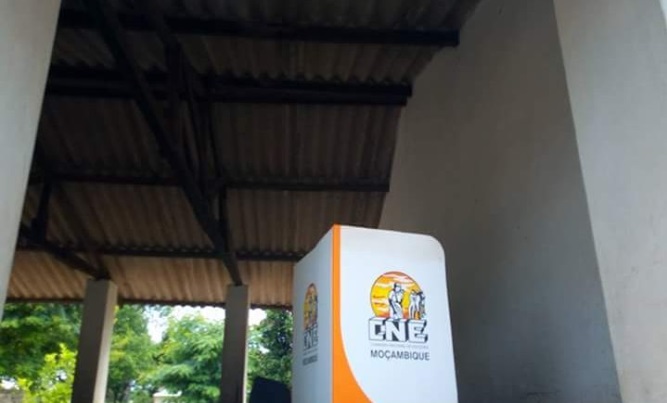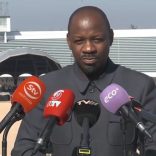Mozambique: Venâncio Mondlane charged with five crimes, incitement to collective disobedience and ...
Mozambique: Election observers call on new commission members to be independent

in file COM
The Sala da Paz, a coalition of civil society election observers in Mozambique, called on Monday for the new members of the country’s National Electoral Commission (CNE) to be independent, noting that suspicions about the integrity of the elections had in the past led to political violence.
“In carrying out their duties, members of the CNE are not expected to represent the public or private institutions, political or social organisations from which they come, but to ‘conduct themselves’ in an independent, impartial and responsible manner, thus contributing to the smooth running of the electoral processes,” said Sala da Paz in a statement.
According to the organisation, “it is no longer justifiable that the electoral processes in Mozambique continue to be characterised by accusations of fraud, manipulation of census and election results, results swapping, falsification of edicts, disturbances at the time of voting and counting and poor accreditation of observers.”
These situations, even if they occur in isolation, contribute to tainting the whole electoral process, the statement points out: “There are times when the poor integrity of the electoral processes has led to disputes which have developed into political-military violence, causing human and material damage.”
According to the coalition, 30 years after the formal establishment of multiparty democracy and with six general elections, five local elections and three provincial elections having taken place, Mozambique now has plenty of experience in organising transparent electoral processes and credible results.
“Regardless of their origin, the law of the CNE protects each of its members by establishing that they cannot be removed, so in the exercise of their functions it is expected that they do not represent public or private institutions, political or social organisations of origin,” the statement says.
The Peace Room advocates exemplary punishment of those who infringe electoral legislation, the timely provision of the necessary resources for electoral operations and the creation of guarantees of security for citizens and other political actors in the exercise of their political rights.
Mozambique’s president, Filipe Nyusi, on Friday inaugurated 17 new members of the CNE who were elected by parliament in December. Of the new members, 10 were nominated by the three political parties with parliamentary seats and the rest by by civil society groups.
Carlos Matsinhe, an Anglican bishop, was chosen as president of the CNE for a five-year term.
The new CNE has the responsibility of supervising the 2023 census and local elections and the 2024 census and general elections – which include votes for both the president and provincial assemblies.
The opposition contested all six general elections held in the history of Mozambique’s multi-party system, with allegations of fraud in favour of the ruling Frelimo party always emerging.












Leave a Reply
Be the First to Comment!
You must be logged in to post a comment.
You must be logged in to post a comment.